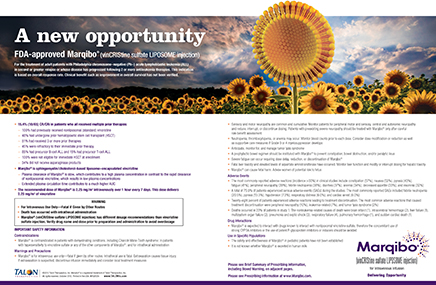Vox Medica acquired healthcare consultancy Transit of Venus in April 2012 and restructured ownership of the newly bolstered entity. At the time, the move was received as a huge win for everyone involved—one that grew Vox’s talent base while uniting a host of complementary strengths and specialties under a single roof.
A little over a year later, Vox president and managing partner Lorna Weir still speaks of the acquisition with the giddiness of the recently betrothed. “The excitement made the year go faster. It provided such an infusion of new energy,” she says. After a pause, however, she adds, “But you know, it’s not all sunshine and roses.”
She’s referring to the post-merger integration of the two companies. That’s not to say that it caused any significant difficulty—most of the challenges were administrative in nature and, as such, easily remedied—but Weir and fellow managing partners Michael Barnett and James Moran had to service existing clients and seek out new ones as they simultaneously labored on the integration-related issues. Asked how they managed to keep all the balls in the air, Weir lets out a quick laugh. “Well, you have to. You don’t have much of a choice. It was a lot of long hours.”
It certainly didn’t help matters that Vox experienced a major client defection right around the same time. The agency had been working with Dendreon, on its prostate cancer drug Provenge, for around three years, during which the pharma giant experienced three management changes. That third regime, installed last year, parted ways with Vox. “Our time had come,” Weir says simply. “They were looking for new and fresh. You hope relationships last longer, but sometimes it happens. It was just time.”
In the wake of the Dendreon divorce, Vox effected what Weir describes as “minimal” layoffs. Agency head count now sits at around 60 full-timers, with the requisite freelancer corps pushing that number close to triple-digits. “Agility is important in today’s world,” Weir says. “For us, it’s about making sure we have people who bring in a range of experiences. That’s how you end up identifying opportunities that are outside your particular area of expertise.”
Those opportunities were plentiful during the last year, and Vox took full advantage of them. While the agency doesn’t disclose most of its clients and brands, it launched Horizon Pharmaceuticals’ second commercial product and an iPad vehicle for Lundbeck’s Xenazine. Other companies that remain on the Vox roster include Genentech; Abbott Point of Care; Talon Therapeutics; Assurex Health; BTG International and Becton, Dickinson and Company.
That client roster validates Weir’s belief that Vox has one of the best-balanced offerings among firms of its ilk. “It’s important from an agency perspective and a client perspective that we’re able to have that breadth of services,” she says, referring again to the firm’s agility. “We’re able to shift gears quickly and focus on the new.”
As for what comes next for Vox, Weir is pressing—like 99.9% of her agency-chief peers, one imagines—for sustained growth. She conditions that wish, however, with a caveat. “For me, it’s not about ‘we’re going to be X percent larger,’” she explains. “Growth is obviously very, very important, but so is the type of work we’re doing. We want to be a partner to those organizations who do things a little differently, who act a little more adventurously.”
From the July 01, 2013 Issue of MM+M - Medical Marketing and Media







